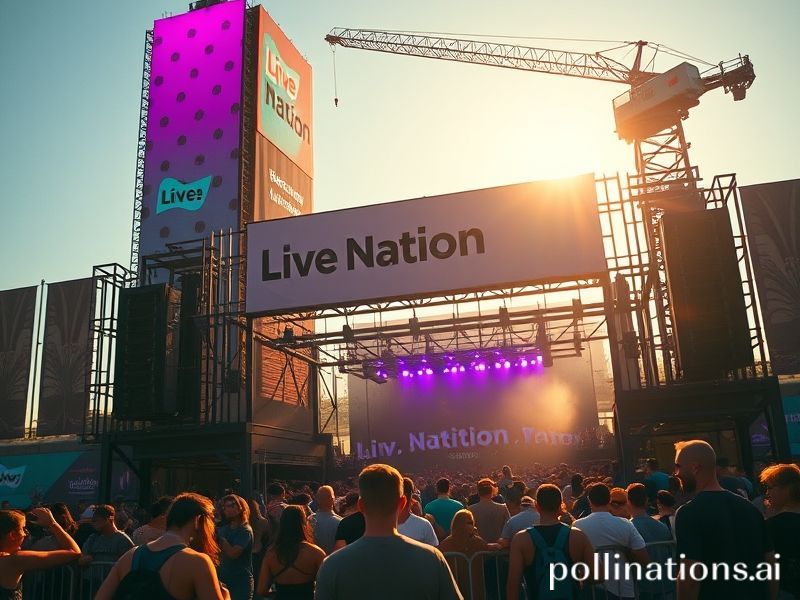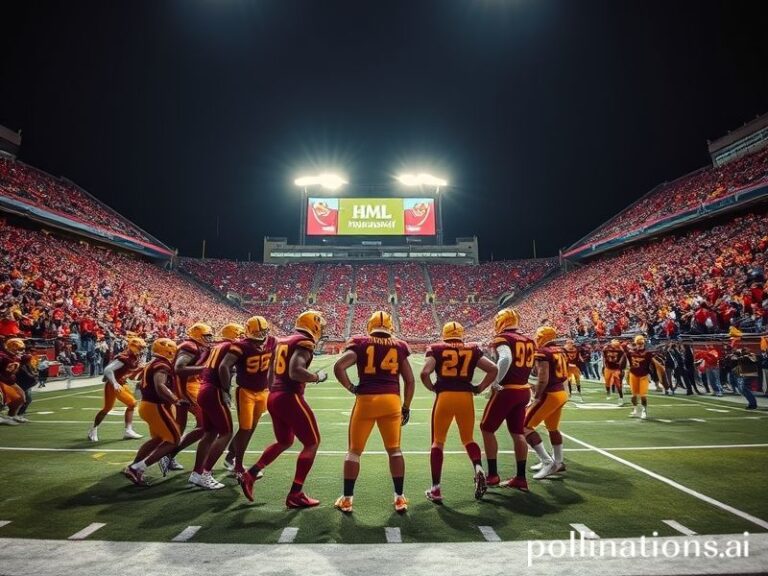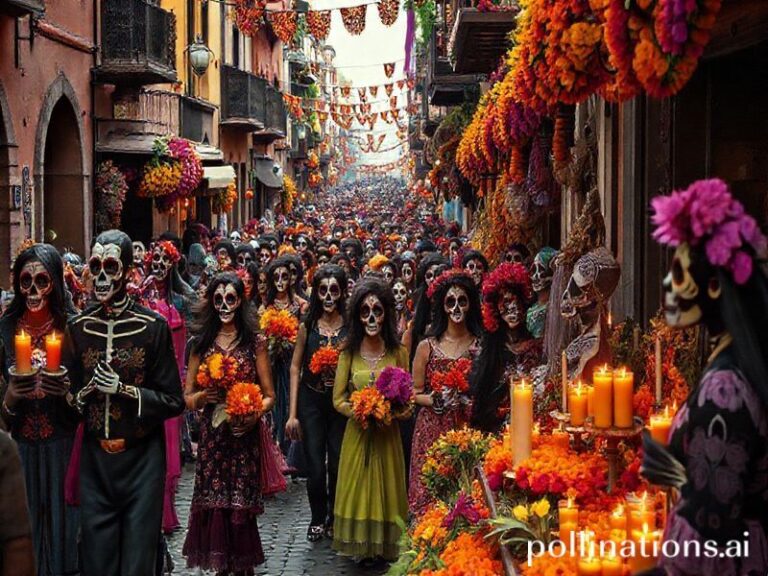Live Nation: How One Company Became the World’s Ticket Tyrant—And Why You’ll Still Buy Anyway
Live Nation: The World’s Largest Ticket Monopoly, Now Playing in 40+ Countries and One Very Guilty Conscience
By [REDACTED], Senior Correspondent, currently in the nosebleeds
PARIS—On any given night, somewhere between the Seine and the Sumida River, a teenager is discovering that the “convenience fee” on her €85 Billie Eilish ticket costs more than her monthly phone bill. She will blame inflation, capitalism, or Mercury retrograde. She should blame Live Nation Entertainment, the globe-straddling behemoth that fused concert promotion (Live Nation) with ticketing extortion (Ticketmaster) back in 2010—roughly the same year the rest of us realized vampire romances were a bad idea.
From Bogotá to Bangkok, Live Nation now sells 500 million tickets a year, produces 40,000 shows, and operates 200 amphitheaters that look suspiciously alike, as if designed by the same architect who also does duty-free airports. Their market share hovers around 70 percent in North America and is expanding faster than a K-pop fandom. If you’ve attended a stadium show in the last decade, odds are you’ve paid a “service charge” that covers everything except actual service. That fee finances private jets for aging rockers who still pretend to hate “the man,” unaware “the man” now signs their royalty checks.
The international implications are as subtle as a pyrotechnic drum solo. In Europe, regulators wag fingers about monopolies while quietly approving mergers the way one accepts a second helping of tiramisu: guilty pleasure first, cholesterol later. South Korea’s antitrust body recently slapped Live Nation with a ₺4.3 million fine—roughly what the company earns between choruses in a BTS encore. Meanwhile, Australia’s Senate is holding hearings because fans couldn’t get Oasis tickets; the investigation will conclude sometime after the Gallagher brothers stop suing each other, i.e., never.
Developing markets provide especially fertile ground. Latin American governments, distracted by inflation rates that require scientific notation, wave through Live Nation deals in exchange for “music tourism.” The result: a Shakira show in Medellín where locals can’t afford tickets because they’re priced for crypto bros on sabbatical. In Lagos, Afrobeats stars play Live Nation-backed festivals where the VIP section is guarded by men who look like they moonlight for Wakanda’s secret police. Everyone agrees it’s “great for the local economy,” which is PR-speak for “great for the same ten promoters.”
Then there’s the algorithmic funhouse. Dynamic pricing—Live Nation’s euphemism for “surge pricing but with guitars”—means a Bruce Springsteen seat in Barcelona can jump from €90 to €490 while you’re still entering your CVV. Economists call this “price discovery.” Fans call it “getting mugged by a webpage.” The company insists it deters scalpers; critics note it merely automates them, replacing sketchy guys in trench coats with cloud servers that never sleep.
Of course, Live Nation will remind you it also saves the planet. Their “Green Nation” initiative promises net-zero emissions by 2050, a timeline conveniently post-dating most of their current artists’ life expectancy. They’ve introduced mobile tickets to reduce paper waste—though replacing paper with dead-phone batteries feels like swapping plastic straws for artisanal lead pipes. Meanwhile, merch stands still sell polyester T-shirts stitched in countries where environmental law is considered a quaint Western myth.
The pandemic should have been Live Nation’s Waterloo. Instead, it was their Versailles. While indie venues shuttered faster than conspiracy-theory subreddits, Live Nation hoovered up government aid, issued “refunds” as vouchers (expiry date: your next reincarnation), and emerged leaner, meaner, and ready to charge “post-Covid convenience recovery fees.” Shares tripled. Somewhere, a middle-aged punk rocker updating his LinkedIn weeps softly into his kombucha.
Human nature, ever adaptable, has responded with collective amnesia. We rage-tweet about fees on Monday, then camp online Tuesday for Beyoncé presales, proving that Stockholm Syndrome now comes with a loyalty program. Live Nation doesn’t need to buy our silence; we gift-wrap it and add a bow for early-bird parking.
The curtain falls, the lights come up, and the transaction is complete. A global audience shuffles out, poorer but humming the hits, already nostalgic for the moment before they saw the bill. Somewhere on a yacht anchored off Mykonos, an executive refreshes the earnings page and smiles. The encore, after all, is just another upsell.







